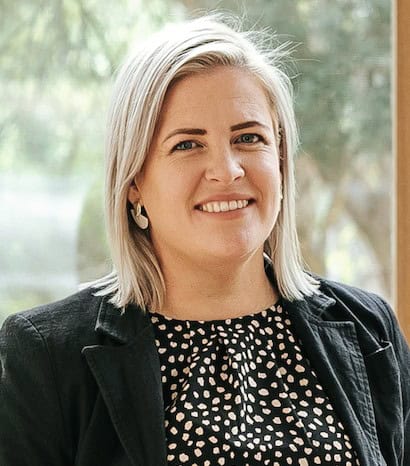Even though there are a million moments of stillness occurring around us at any given time, we do need to slow down and pay attention to find them.
It’s easy to stay busy, the forward momentum of constantly ‘doing’ meaning that slowing down feels uncomfortable… impossible even.
As we make space for stillness, we also need to learn how to invite in the often uncomfortable feeling that comes for us when we come to rest. We can experience a nervous energy, impatience or buzzing. A compelling desire to get up and move, to shift in our seat, to “not waste time”. We learn how to welcome these feelings like the expected visitors that they are and remind ourselves that we can simply notice these feelings within us, hold them lightly and make space for their journey through us. That time will allow them to unfold and move on, we don’t need to force them away or acquiesce to their demands.
That stillness can only come if we welcome all the other feelings that come with it.
Mediation is one of the techniques we can learn and practise to cultivate stillness.
There are increasing amounts of scientific data supporting the wonderful outcomes from regular mindfulness practice including:
- Improvement in anxiety, depression and pain scores.
- Structural and functional changes to the brains of seasoned meditators: the prefrontal cortex, the cingulate cortex and the hippocampus show increased activity with the amygdala showing decreased activity.
- Reduced physiological markers of stress including cortisol levels and blood pressure.
- Increased telomerase activity (telomerase is an enzyme whose activity is linked to the length of our telomeres- or “protective caps” on our DNA).
- Improved sleep initiation and subjectively reported sleep quality.
- Improvement in symptoms of MS from various structured lifestyle programs that include meditation and mindfulness at their core.
Aside from all of that, we don’t actually meditate for the outcome. If that is our sole driver, we’re missing the point a bit. Mindfulness & meditation are not about striving towards an outcome. They are about simply noticing things as they are- again and again.
It is as simple and as complex as that.
It’s like the glitter settles in a glitter dome and then clarity arrives, The glitter can only settle when we allow time for stillness.
This is hard for us. As doctors, we are outcome driven.
We have been praised and rewarded for our achievements and our productivity.
We are quick learners and usually to do well at most things. But slowing down feels uncomfortable. Stopping is difficult.
Part of mindfulness is noticing that it can be hard for us and extending ourselves compassion.
This is one area, one skill where we don’t need to be the best.
There is no being good at mindfulness.
There is just being.




